Following Hamas’ Oct. 7, 2023, incursion, which sparked the brutal conflict in Gaza, a harsh new reality also emerged for Palestinians in the occupied West Bank.
While global focus remained on Gaza, Israeli military operations in the West Bank escalated in scale, frequency, and intensity. The Israeli army intensified its campaign, citing the growing threat of militancy as its justification.
Here’s a snapshot of the current situation, based on data from the U.N. humanitarian office and Peace Now, an Israeli anti-settlement watchdog.
Since the outbreak of the Gaza war, most Palestinian casualties in the West Bank have resulted from Israeli gunfire during military raids on villages and towns.
Israel says the operations are needed to stamp out Hamas activities.
But Palestinians and rights groups say scores of civilians have been caught in the crossfire.
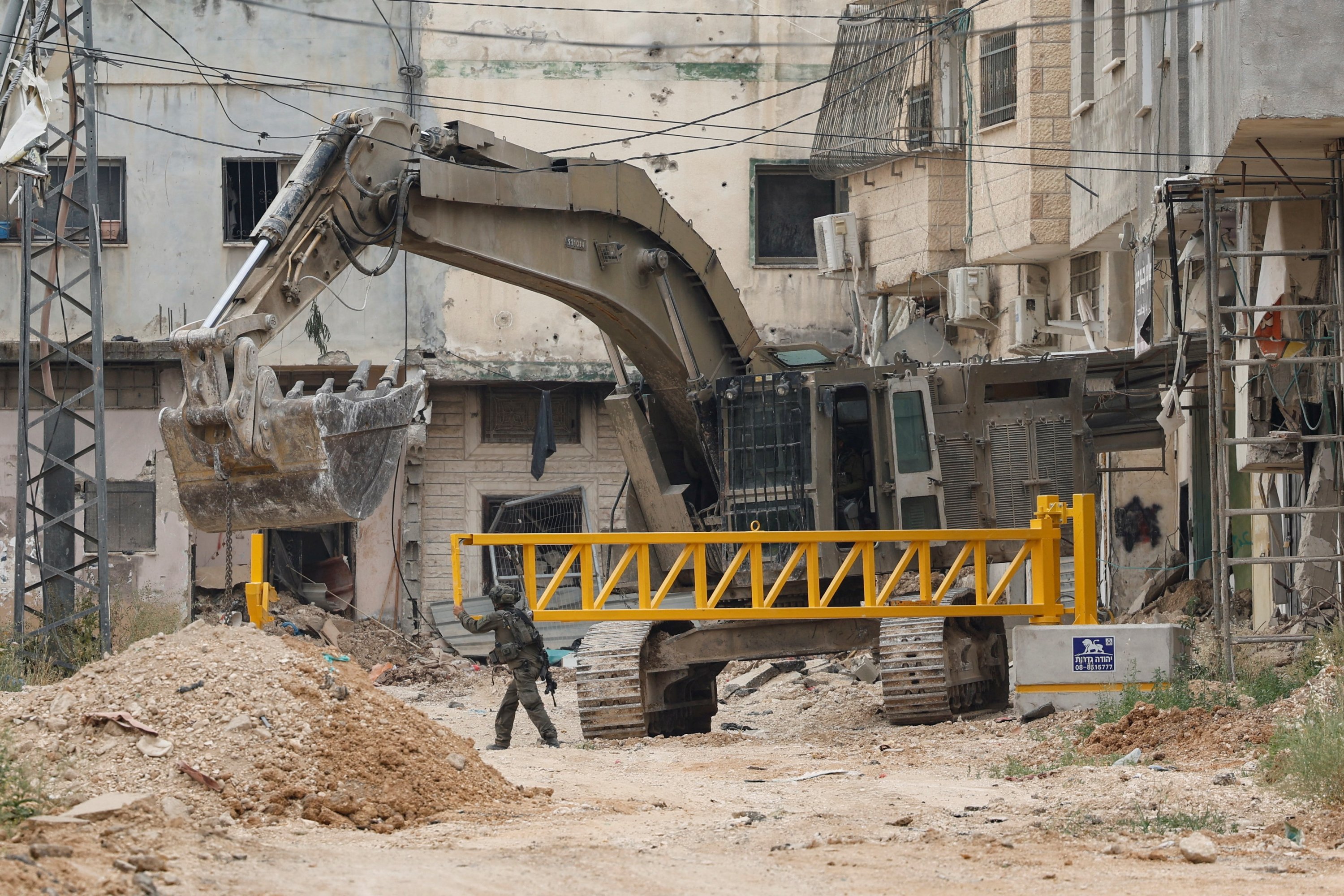
Of those killed since Oct. 7, 2023, at least 182 have been children under 18, according to the Palestinian Health Ministry, some of whom Israel claims were involved in stone-throwing. Rights groups accuse Israel of using excessive force.
Israel is staging a massive offensive across four major refugee camps in northern West Bank.
The raids, at their height, displaced 40,000 people.
Many are now sheltering with relatives in neighboring villages, while others are racking up debt renting apartments as they wait to return.
Israeli officials, meanwhile, have said those displaced will not be allowed to return for at least a year.
Forces have torn up roads, destroyed infrastructure, and demolished hundreds of homes. Israel says it is dismantling terrorist infrastructure, but civilian homes have also been destroyed.
In another escalation, the military has resumed previously rare tactics, like drone strikes, in these densely populated areas.
Settler attacks causing injury or death to Palestinians surged in the wake of the Hamas attack.
For Palestinians living in small Bedouin villages in areas under full Israeli control, the attacks have become a near-daily occurrence as settlers – emboldened by Israel’s pro-settler government – build new unauthorized outposts on nearby hilltops.
Israel says it opposes settler violence and blames it on a small, extremist fringe.
Palestinians say the Israeli army does little to protect them and that the attacks are part of a systematic attempt to expel them from their land.
Settlers have established about 80 new outposts since the war began.
Rights groups say the outposts, often populated by extremist activists, are the main drivers of violence against Palestinians.
The tiny unauthorized land grabs are tolerated and even encouraged by Israel, which over the years has converted many outposts into authorized settlements as it cements its hold on the territory and moves to prevent the establishment of a Palestinian state.
Israel’s government, dominated by settler leaders and supporters, has established 13 new settlements since the war began, at least five of which originally sprang up as outposts.
That brings the total number of settlements to 140.
Most of the international community considers settlements illegal, though U.S. President Donald Trump supported them.
Meanwhile, movement between Palestinian towns and cities has only grown more difficult.
New checkpoints have further divided the territory and created choke points the Israeli army can shut off at will.
Crossings that had been open 24/7 started closing during morning and evening rush hours, disrupting the lives of hundreds of thousands of people and turning once-routine commutes into hours-long journeys.
As the war in Gaza continues and the West Bank seethes, Palestinians say life is only growing more difficult.

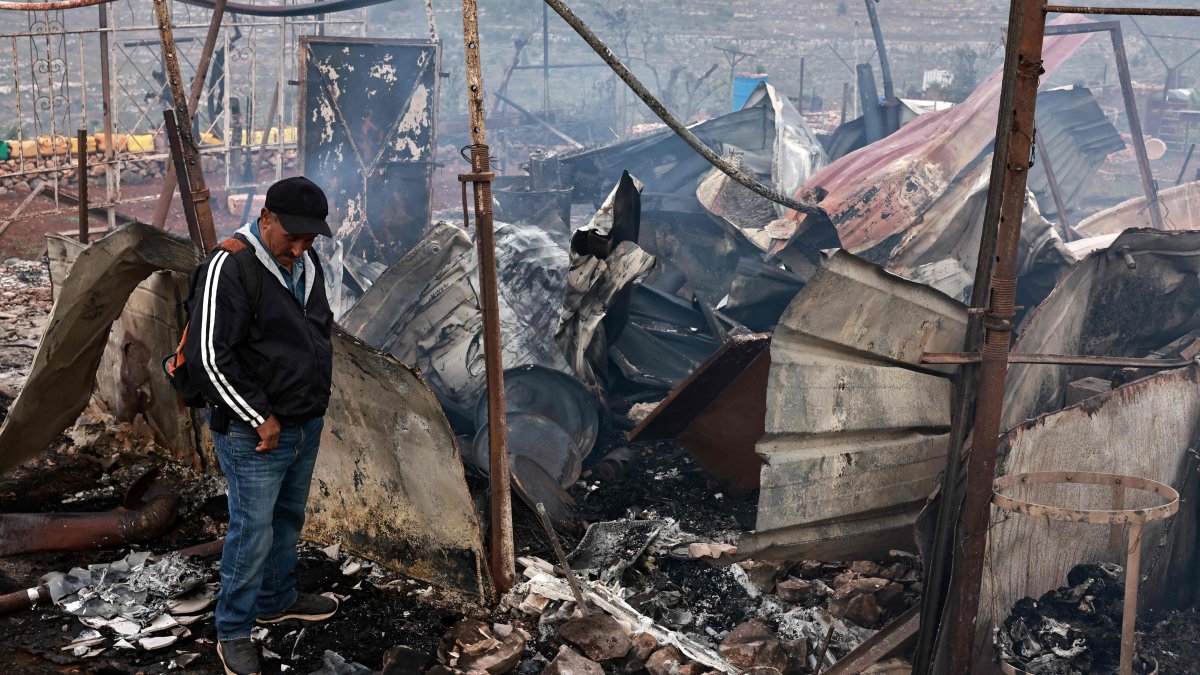
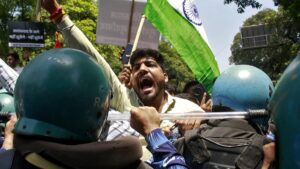

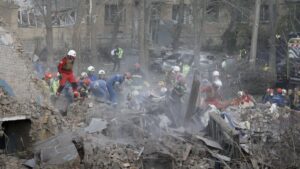





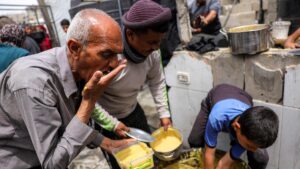

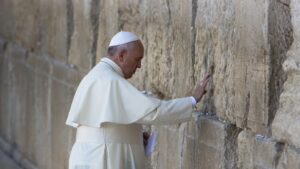
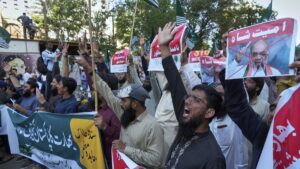
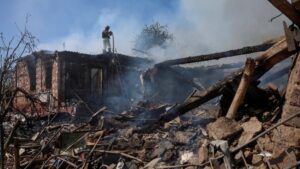
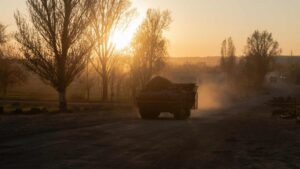
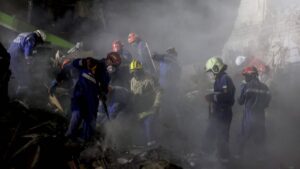


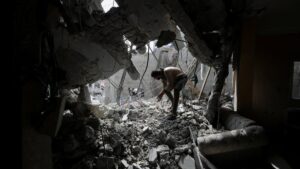

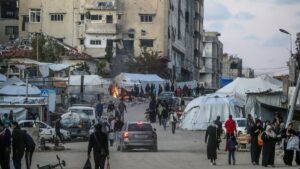




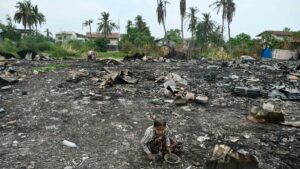



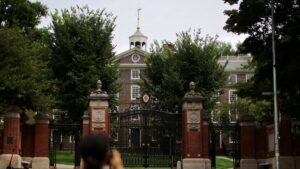


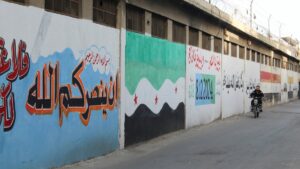




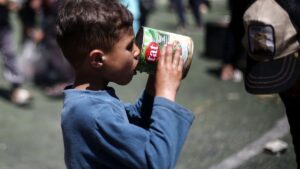

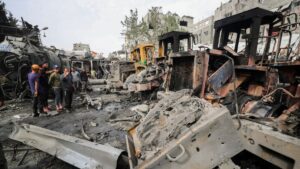
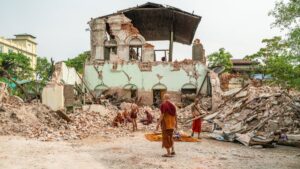

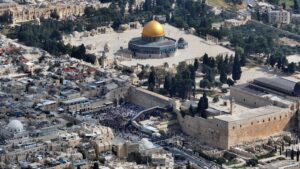


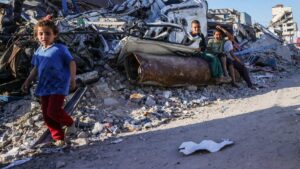
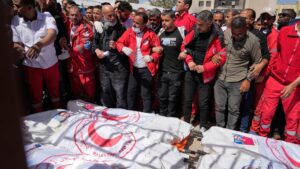
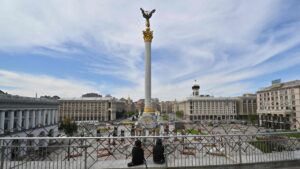

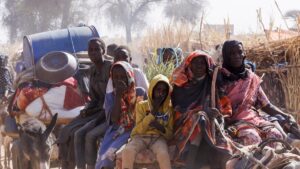
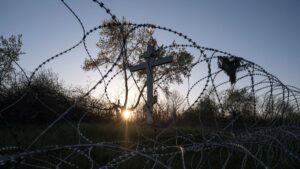
Be First to Comment